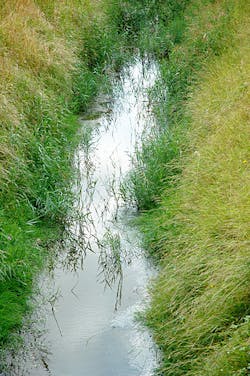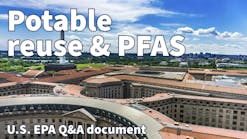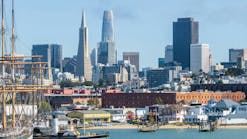BALTIMORE, MD, JAN 4, 2019 -- The Maryland Board of Public Works has approved more than $46 million in funding to reduce pollution and save energy.
"This is a great start to the new year with smart investments that protect public health and the environment while saving money and energy in Maryland communities," said Maryland Environment Secretary Ben Grumbles. "The Piscataway sewage treatment plant bio-energy project is a big step in greening the economy, cleaning the Chesapeake Bay watershed, and combating climate change."
The Piscataway Wastewater Treatment Plant Bio-Energy project in Prince George's County received total funding of $46,959,973, including a $43,959,973 Water Quality State Revolving Loan Fund loan and a $3 million Energy-Water Infrastructure Program grant. The funds were awarded to the Washington Suburban Sanitary Commission to help fund the design and construction of bio-energy facilities at the Piscataway Wastewater Treatment Plant, which will receive biosolids from other WSSC wastewater treatment plants. The project will include a process to precondition the biosolids prior to anaerobic digestion, an anaerobic digestion facility and a facility to produce dewatered "Class A biosolids," which can be beneficially reused as fertilizer on farms and also sold to home gardeners.
Additionally, a combined heat and power facility will be built to capture biogas – methane and carbon dioxide – from the digestions to be used to produce steam and electricity for the plant. The Energy Water Infrastructure Program provides funding for the planning, design and construction of projects – including combined heat and power systems – that will benefit both the environmental and economic interests of the state. Energy efficiency and the use of renewable energy and biogas can help the Chesapeake Bay by reducing nitrogen pollution and greenhouse gas emissions.



